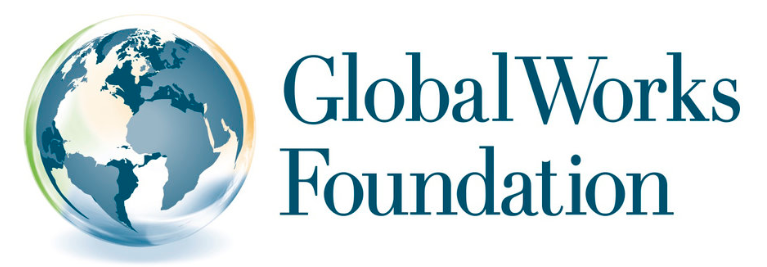By Kelli Rogers
An overreliance on quantitative data to “prove” the existence of gender-based violence can stall donor funding for lifesaving services during emergencies — something the small team at feminist research consultancy Ladysmith wants to help change.
“There's a lot of topics on which it's really hard to collect data. And gender-based violence is one of them, particularly when we're talking about vulnerable populations, like a migrant population,” said Tara Cookson, director of Ladysmith.
International standards require humanitarian personnel to believe that GBV is “a serious and life-threatening protection issue, regardless of the presence or absence of concrete and reliable evidence.”
Yet in humanitarian settings, GBV services such as post-rape care, counseling, and case management are vastly under-resourced. Although international research shows that the rates of sexual and gender-based violence skyrocket during crises, it is notoriously difficult to collect this sensitive information, as survivors may fear coming forward. At the same time, donors often require data, such as the number of cases, before funding GBV prevention and response — a dichotomy that puts the organizations trying to rapidly meet the needs of women in a tight spot.
“It's problematic to insist on numbers before funding gets appropriately allocated to sexual and gender-based violence prevention and response,” said Cookson, who co-founded Ladysmith to connect data to programmatic, policy, and legislative action.
To address this problem in the context of the current Venezuela crisis, the Ladysmith team is piloting a U.S. Agency for International Development-funded project in Cúcuta, Colombia, where Venezuelan women crossing the border are experiencing high rates of violence.
Government and NGO officials acknowledge the issue, Cookson said, but maintain that it isn’t possible to secure funding without accurate numbers about the extent of the violence.
In collaboration with local feminist organizations, Ladysmith studied where services are available, where migrant women are living in the city in relation to these services, and what the barriers might be to access them. In an effort to generate data quickly — and to shine a light on the problem so as to get resources flowing — Ladysmith has set up a hotline using popular messaging application WhatsApp, which migrant and Colombian women can utilize to receive information about the availability and whereabouts of services related to sexual and gender-based violence.
“Let's see if we can use WhatsApp to collect some data on this — but at the same time, to connect women to the service-offering that does exist,” Cookson said.
Once the pilot — named Cosas de Mujeres, meaning “women’s things” — is completed at the end of February, Ladysmith plans to share the anonymized findings with NGOs and state services in the hope that they can then improve their offerings for GBV survivors through more efficient and effective allocation of resources. From the WhatsApp messaging, Ladysmith will be able to generate a picture of what kinds of services women actually need, Cookson said.
But the pilot in Cúcuta is just one use case for Ladysmith’s Gender Data Kit, a set of technologies, feminist methods, and resources for the collection and use of gender data.
Already, the Ladysmith team is in discussions about adapting its approach for research on instances of disrespect and abuse in maternal health care or for understanding the distance to health clinics in rural areas.
Ultimately, the consultancy wants to help organizations collect and use data, but also to push the conversation around gender data to stress that “it actually needs to include mixed methods,” Cookson said. “Data isn't only quantitative data; it's also qualitative data. Gender isn't synonymous with sex. We need to be thinking about these different things … and gender data isn't just about counting women.”
Devex, with support from our partner UN Women, is exploring how data is being used to inform policy and advocacy to advance gender equality. Gender data is crucial to make every woman and girl count. Visit the Focus on: Gender Data page for more. Disclaimer: the views in this article do not necessarily represent the views of UN Women.
Article originally published by Devex 2/4/2020.
